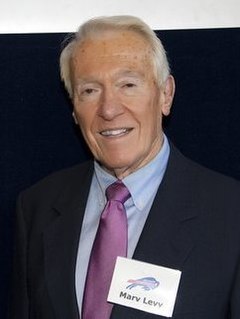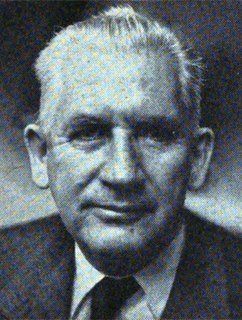A Quote by Errol Morris
The very idea of photography is as Oliver Wendell Holmes said in the 19th century, "it's a mirror with a memory."
Related Quotes
When I was in law school I was taught that the great writers were people like [Oliver Wendell] Holmes Jr. and [Benjamin N.] Cardozo. But you go back and read their prose and it's sort of perfumed and very ornate and show-offy. And they're constantly striving for these abstractions that seem archaic nowadays.
Oliver Wendell Holmes said, "Think things, not words." In words, many see a need for "social justice" to override "the dictates of the market." In reality, what is called "the market" consists of human beings making their own choices at their own cost. What is called "social justice" is government imposition of the notions of third parties, who pay no price for being wrong.
But the doctors in the past, as the review of the evidence showed, branded Jenner, Semmelweis, Oliver Wendell Holmes, Sr., Pasteur, Lister, Koch and Keen as charlatans...Napoleon said that war is too important to be left to the generals. We go on the assumption in the Senate that foreign relations are too important to be left to the diplomats...this question (on a novel cancer cure) is too important to leave purely to doctors.
I want to help you," Oliver said. "Why?" Galen looked up at him. "Because of Petunia?" Oliver was relieved that the prince didn't seem to be skeptical about his conviction. He simply looked like he wanted to know, and so did Heinrich, when Oliver dared to look at the other prince. Oliver was very aware that Heinrich had known his father. Had known him better than Oliver had, in fact. "Because of her," Oliver said at last. "Even though I have only met her twice, really...I just..." "I risked my life to save Rose after only speaking with her twice," Galen said with a small smile.
I was really interested in 20th century communalism and alternative communities, the boom of communes in the 60s and 70s. That led me back to the 19th century. I was shocked to find what I would describe as far more utopian ideas in the 19th century than in the 20th century. Not only were the ideas so extreme, but surprising people were adopting them.
The first half of the 20th century belongs to Picasso, and the second half is about photography. They said digital would kill photography because everyone can do it, but they said that about the box brownie in 1885 when it came out. It makes photography interesting because everyone thinks they can take a picture.





































